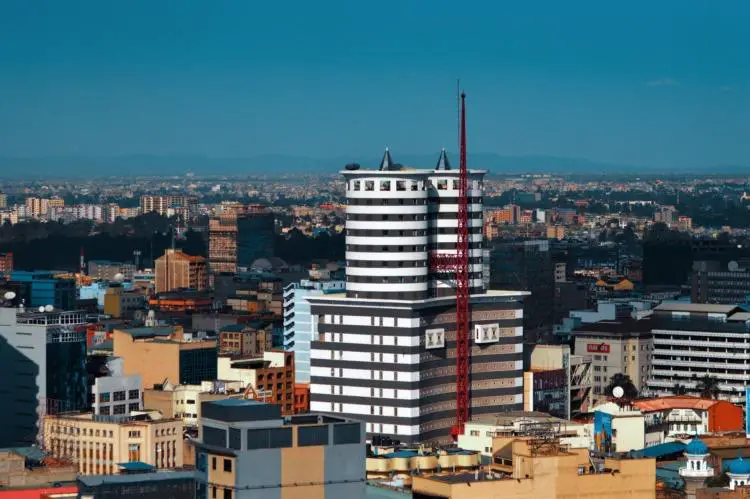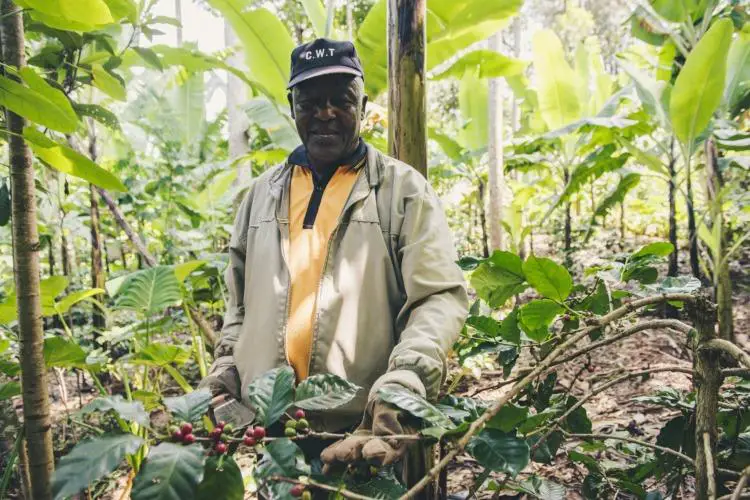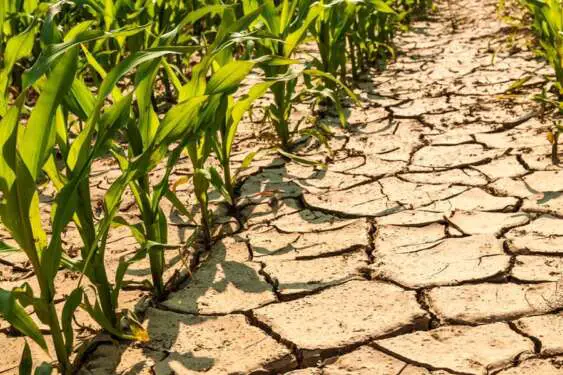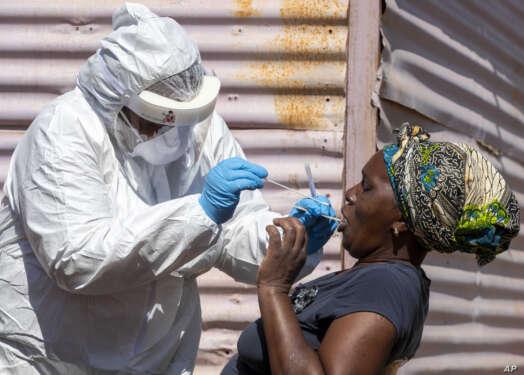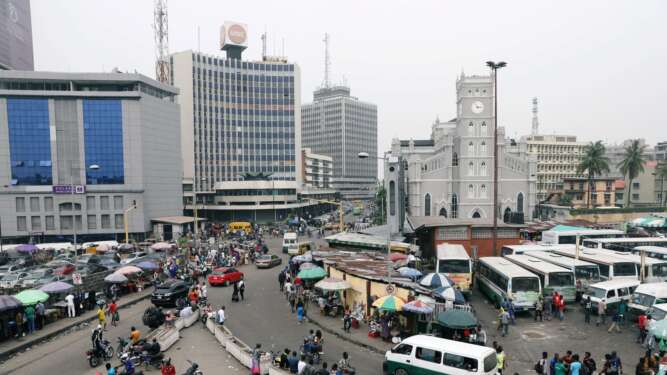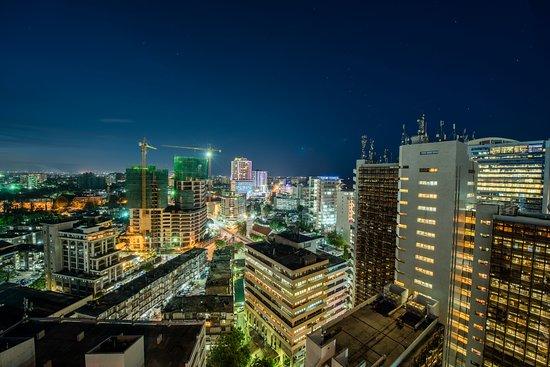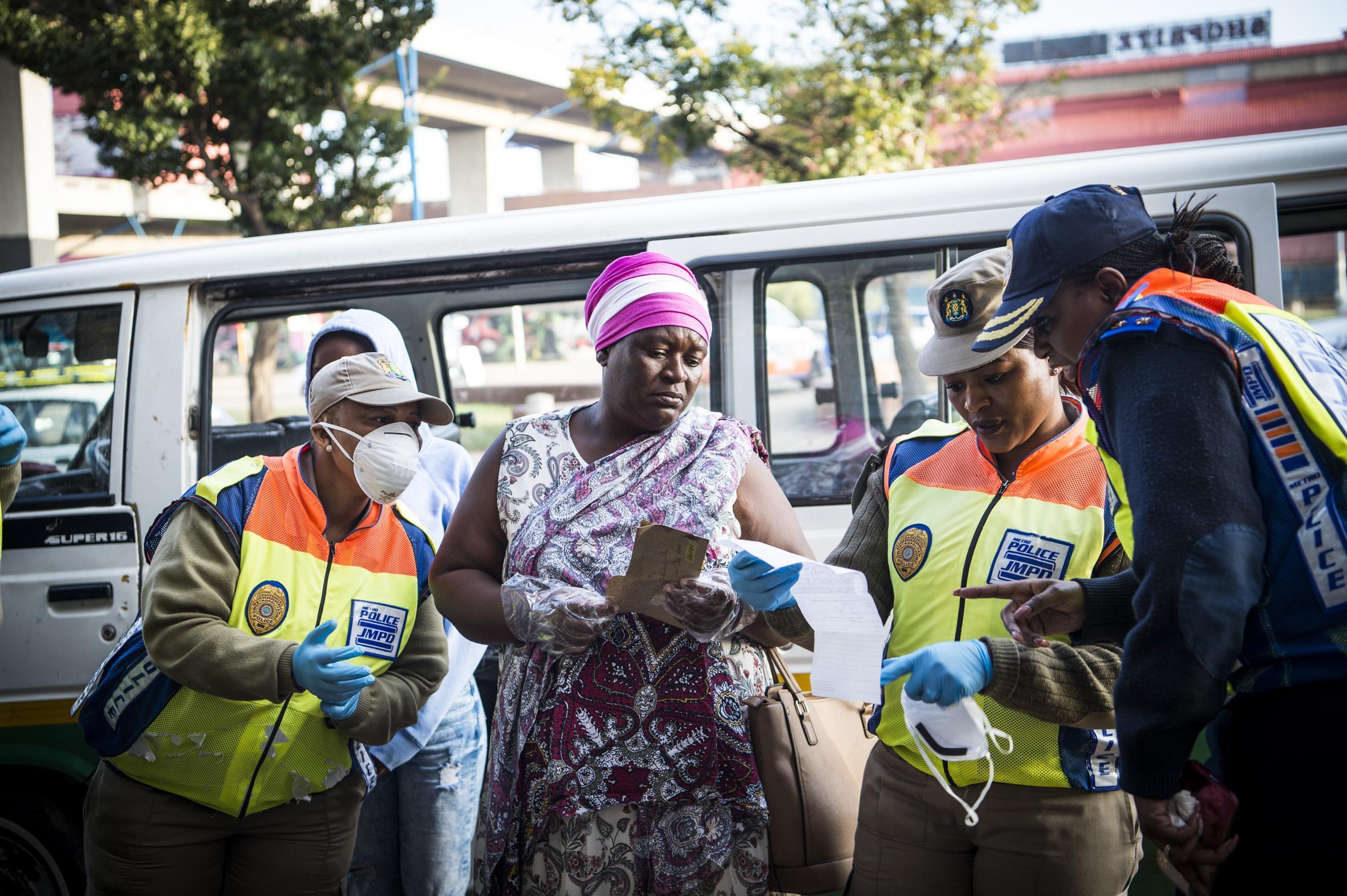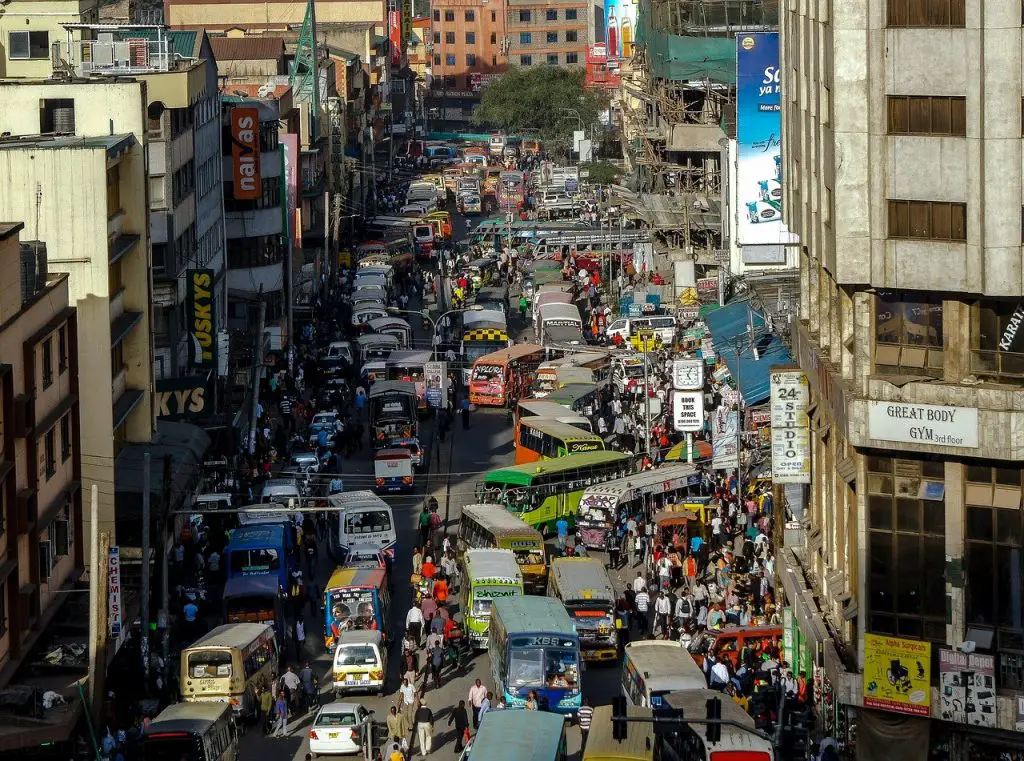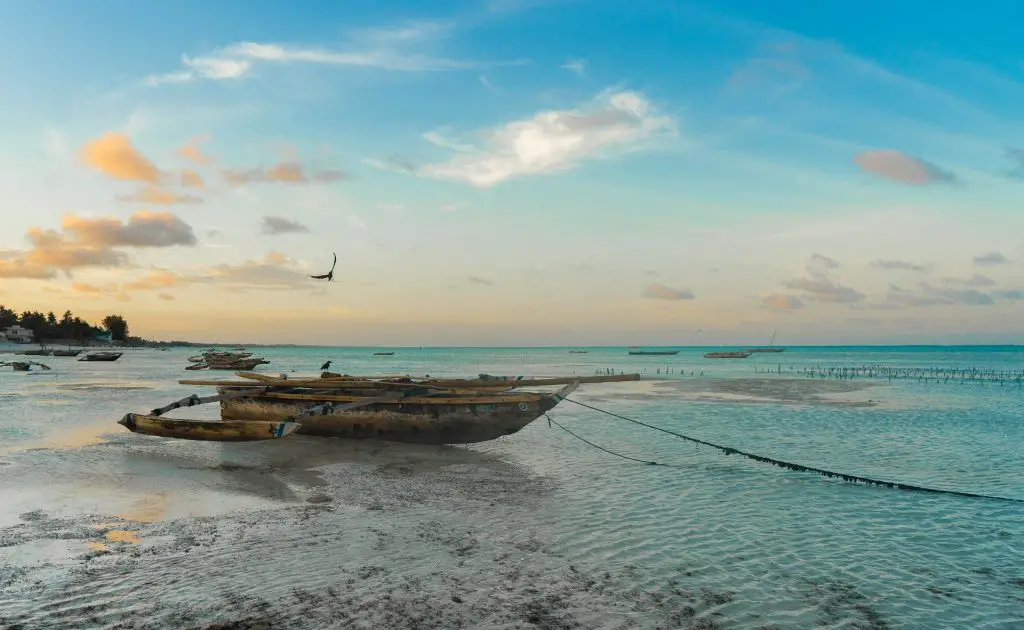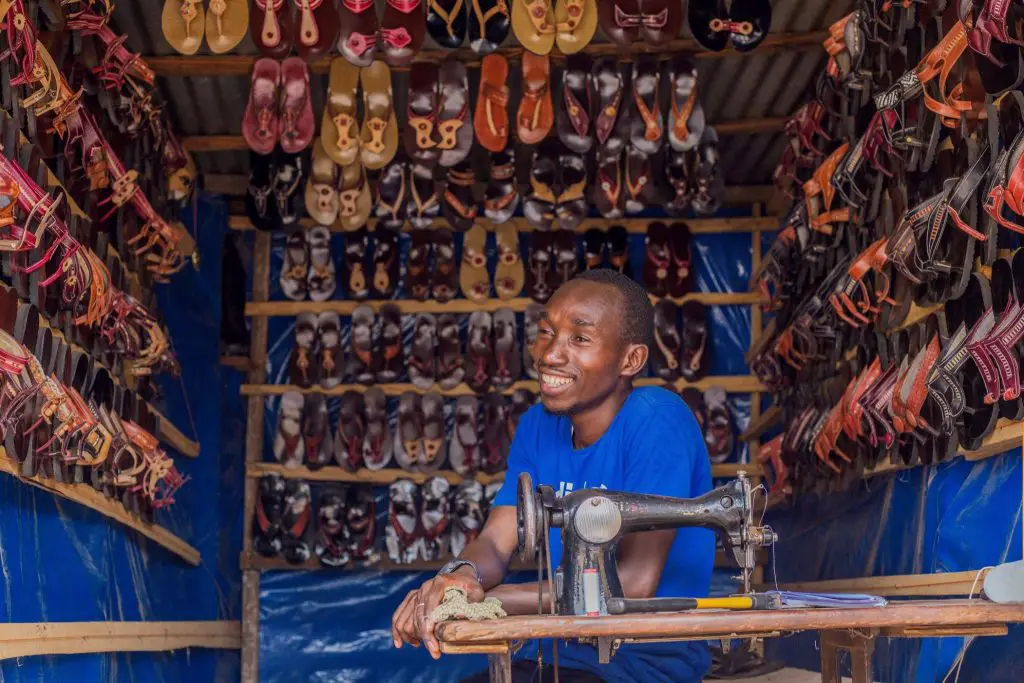- Africa’s new dawn: the rising role of digital and AI in agriculture
- Can Dangote Refinery Transform Africa Energy Ambition
- Gallup Survey: 80 per cent of Kenyan Workers Are Disengaged and Seek New Opportunities
- Madagascar Man Freed from 5KG Tumor After 15-Year Struggle
- How women in Africa are perceived and treated
- Sugar consumption in Kenya to Increase to 1.23 Million Tonnes
- Can Somalia and Turkey Oil deal Bring Change in Somaliland
- Remittances to Kenya dropped to $371.6 million in June, marking a six month low
Browsing: Africa Economy
Kenya’s economic indicators by sector for the first quarter of 2021 point to continued recovery from the adverse impact of the COVID-19 pandemic, as normalization of the domestic and global economy continues.
This is according to a finding by the Central Bank of Kenya which however warns that the services sector continues to bear the brunt of the pandemic, attributable to COVID-19 containment measures which disrupted travel and hospitality services during the quarter under review.
According to the Quarterly Economic Review for January – March 2021 released last week, growth of the agriculture sector is expected to remain strong, supported by increased production of key crops following favorable weather conditions experienced during the quarter.
In the horticulture sub-sector for instance, total exports of horticultural crops increased by 10.6 percent compared to the previous quarter, boosted by continued normalization of international demand.
The report adds that significant growth in exports realized …
What if I told you the real GDP in Africa which is projected by African Development Bank (AfDB) to grow by 3.4 per cent in 2021, could be not as effective in measuring the actual progress of the youngest continent on the planet?
The Gross Domestic Product (GDP) a measure of economic growth was developed by an American, Simon Kuznets in 1934 in the modern concept; however, its original concept emerged in Europe between 1654 and 1676, which was a gruesome period for Africa, driven into the onset of the trans-Atlantic slave trade which ended in the 19th century.
Several discussion panels have taken a keen interest in finding out the drawbacks of GDP, including one led by Nobel economist Joseph Stiglitz (commissioned by former French President Nicolas Sarkozy) that found the measure had serious holes, saying “it is time to replace gross domestic product with real metrics of well-being …
Climate change is a 21st-century phenomenon that has called the attention of most governments on planet earth. In Africa, the cost of adaptation is estimated at approximately $2 billion per year in the period 2030-2100.
According to a US-based think-tank, Brookings, research finding point out that, bold climate action could deliver at least $26 trillion in global economic benefits between now and 2030. On another, it could also generate nearly 65 million new low-carbon jobs by 2030.
All these benefits safeguard Africa’s prosperous future which is filled with exciting development projects execute across the region’s vast landscape.
As far as the adoption of new climate economy models, such as phasing our fossil fuels energy structures and ushering in renewables particularly solar and wind energy—which is proving to be useful in East Africa, the role of green banks and climate funds is inevitable.
The African Development Bank (AfDB) and the Climate …
The pandemic has shown the globe that more is needed to fortify our systems, as nearly 95 million people have contracted the virus and more than two million people have succumbed to it, while millions face the economic shocks of the virus, particularly those located in developing economies.
A World Economic Forum (WEF) publication which is part of The Davos Agenda (a virtual global leaders’ meeting on sustaining an inclusive and cohesive future) noted that the pandemic has exposed several threats to the world. …
Africa’s top economy and oil exporter, Nigeria is battling yet another economic hurdle, as the government disagrees with the International Monetary Fund’s (IMF)recommendations of lowering its currency that’s more than 18 per cent overvalued to ease external imbalances, according to Bloomberg News.
According to IMF February 8, 2021, press release, Nigeria has been hit quite hard by the COVID-19 pandemic, following a sharp decrease in oil prices and capital outflows, real GDP is estimated to have contracted by 3.2 per cent I 2020 amidst the pandemic-related lockdown.
Bloomberg News reported on February 8, 2021, that, Nigeria’s President Muhammadu Buhari administration sees currency pressures stemming from global outflows caused by the coronavirus pandemic and believes another depreciation would add to double-digit inflation.
The devaluation pressure from IMF is not new to Nigeria. In 2014 the Nigerian central bank devalued the naira by nearly 8 per cent and then fixed the official …
The World Bank (WB)—one of the world’s largest sources of funding and knowledge for the developing sphere published its Global Economic Prospect report in January 2021.
The report zoomed in on the prospects of the global economy and Africa, displaying how the region remains pinned by the shocks of COVID-19 unless sound policy changes and strategic investment-enhancing reforms are made.
On the bright side, the global economy is expected to expand by 4 per cent in 2021—this is dependent on the progression of COVID-19 vaccine provision throughout the year. …
It is with no doubt that the coronavirus pandemic (COVID-19) has caused serious troubles for economies around the world, namely in the developed world. However, addressing the matter in much of the developing world is quite different, as many governments have seen national economic outputs derailed by a few years. The situation is much worse, as its knocked off many African countries from their respective economic trajectories.
The health pandemic brought it’s friends along, as we’ve now witnessed an economic pandemic of sorts. Food crisis, housing crisis and political crisis have been all party to Covid-19, a theme that was explicit in the 2020 Bill and Melinda Gates Goal Keepers report published just last month (September 2020).
The report raised interesting issues to examine attentively. It argued that in just 25 weeks almost 25 years of progress was regressed, particularly on the Sustainable Development Goals and in particular …
Africa is rising and gradually taking over the helm of economic power. This growth is now evenly spread, as other parts of the continent experience a slower growth pace compared to the rest, albeit recent years point to evidence of uneven growth across the continent’s sub-regions.
The African Development Bank’s (AfDB) economic outlook observed that only a third of Africa’s nations met the inclusive mark—downplaying inequality and poverty across the continent. Inequality and poverty have not been combatted efficiently as that would require deep structural reforms, build resilience for farmers against harsh-weather conditions by providing for smart agricultural schemes and providing fiscal space for expansion of safety nets.
In the same context, the continent’s growth has been forecasted on different levels. The outlook released on January 30, pointed out that Africa’s economic growth had stabilized at 3.4 per cent in 2019 and …
It is nature that is going to save us, yes, nature.
The rich arable lands of Tanzania, the recycling business potential in Nigeria and Kenya, and the sustainable-architectural business models in Rwanda and South Africa are few angles that the World Economic Forum (WEF) finds to be vital in channeling better economic solutions and resilience.
This thinking-approach emanates from the second report (of three), The Future of Nature and Business by the WEF which provides practical insights necessary to steer economies around the world towards a nature-positive economy.
It is safe to say the Coronavirus (COVID-19) pandemic has given rise to a lot of ideas towards rethinking and developing sustainable economy approaches.
As job losses and economic uncertainty hurt economies and livelihoods, nature-centred economic approaches seem to carry the necessary incentives to accommodate the global community’s needs.
“As governments and businesses look to stimulate growth, a new …
It is legal to say the world as we know it has been kidnapped by the novel coronavirus, which has left thousands dead and millions who have contracted it. The United Nations Industrial Development Organization (UNIDO) confessed that “the economic crisis unleashed by the outbreak of COVID-19 is hurting economies, regardless of income level”.
According to its latest numbers, UNIDO indicated that both lower and upper–middle-income countries have been significantly impacted by COVID-19, with an average loss in industrial production across countries, standing at 18 per cent (high-income), 24 per cent (upper middle-income) and 22 per cent (lower middle-income).
The pandemic has hurt a lot of economies but more importantly has taken a toll in some developing countries, such as Kenya and Tanzania who rely on travel and tourism dealing a huge slap on foreign receipts.
The World Bank …





